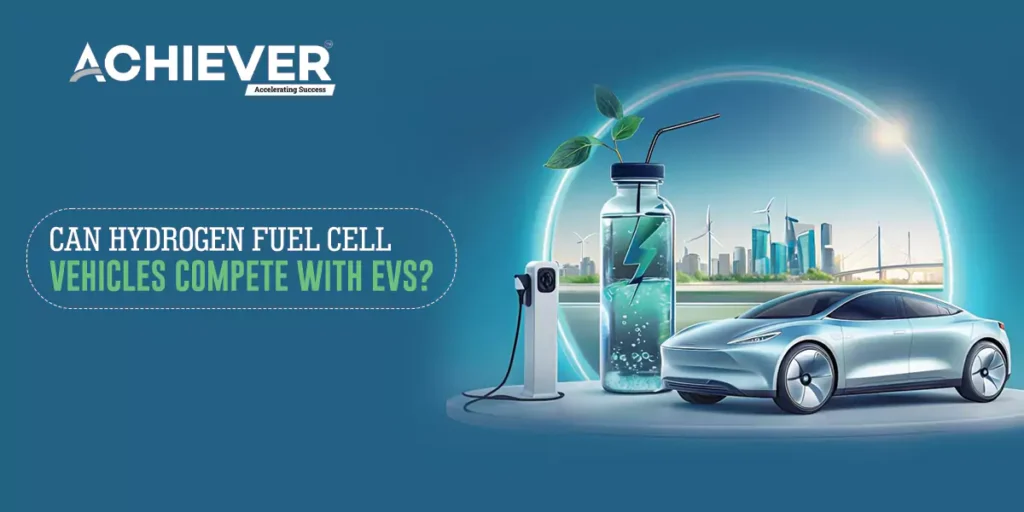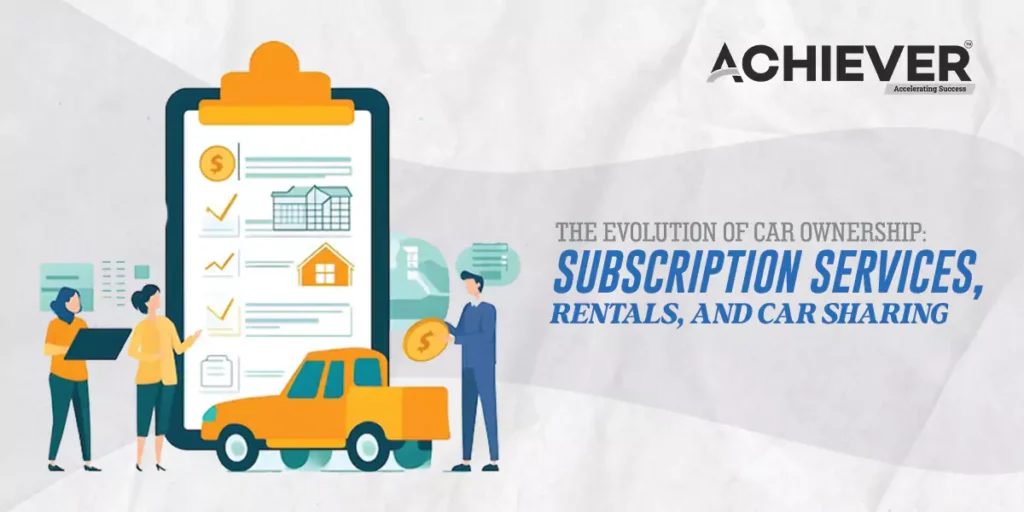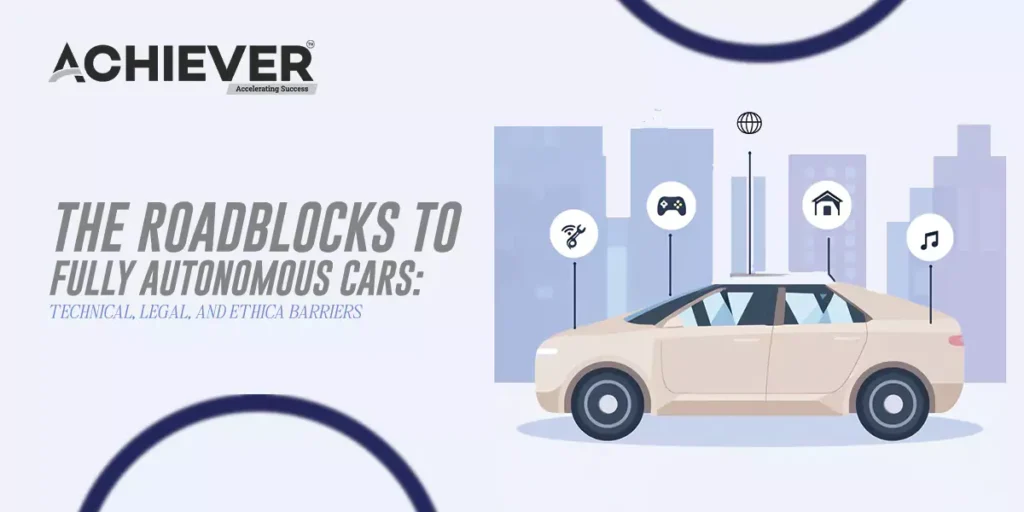As the world increasingly seeks sustainable solutions to reduce carbon emissions and combat climate change, the automotive industry is witnessing a surge in alternative fuel technologies. Among these, hydrogen fuel cell vehicles (FCVs) and battery electric vehicles (EVs) are two prominent contenders vying for dominance in the eco-friendly vehicle market. Each technology has its unique advantages and challenges, raising the question: can hydrogen fuel cell vehicles compete with electric vehicles?
Understanding the Technologies
Hydrogen Fuel Cell Vehicles (FCVs)
Hydrogen fuel cell vehicles utilize hydrogen gas to power an electric motor. The hydrogen is stored in tanks and combines with oxygen from the air in a fuel cell to produce electricity, water, and heat. This process emits only water vapor, making FCVs an environmentally friendly option.
Battery Electric Vehicles (EVs)
Battery electric vehicles, on the other hand, rely on large battery packs to store electrical energy, which powers an electric motor. EVs are charged through electric outlets or charging stations, with a wide range of options for battery size and charging speed. Like FCVs, EVs also produce zero tailpipe emissions.
Advantages of Hydrogen Fuel Cell Vehicles
- Refueling Time: One of the most significant advantages of FCVs is their refueling time. Filling up a hydrogen tank takes about five minutes, similar to traditional gasoline vehicles. In contrast, charging an EV can take anywhere from 30 minutes at fast chargers to several hours with standard outlets.
- Range: Hydrogen fuel cell vehicles generally offer a longer driving range compared to many battery electric vehicles. For example, some FCVs can travel over 400 miles on a single tank of hydrogen, while many affordable EVs offer a range of 150 to 300 miles.
- Weight Efficiency: Hydrogen fuel cells can be lighter than large battery packs, which is particularly beneficial for heavier vehicles like buses and trucks, where weight plays a significant role in efficiency and performance.
- Infrastructure Potential: Hydrogen has the potential to leverage existing fuel infrastructure, such as gas stations, which can be converted to offer hydrogen refueling. This could lead to faster adoption in areas where electric charging infrastructure is still developing.
Advantages of Battery Electric Vehicles
- Infrastructure: EVs currently benefit from a rapidly expanding network of charging stations, making them more accessible to consumers. As of now, there are significantly more charging stations than hydrogen refueling stations, which remain sparse in many regions.
- Cost: The price of EVs has been steadily decreasing, making them increasingly affordable for the average consumer. Additionally, the cost of battery technology continues to fall, leading to more economical and efficient electric vehicles.
- Energy Efficiency: Battery electric vehicles are generally more energy-efficient than hydrogen fuel cell vehicles. EVs convert approximately 60-70% of the electrical energy from the grid to power at the wheels, whereas FCVs convert only about 20-30% of the hydrogen’s energy into power.
- Environmental Impact: While hydrogen can be produced cleanly through renewable methods (green hydrogen), a significant portion of hydrogen is still produced from natural gas, which involves carbon emissions. In contrast, EVs can be charged from renewable sources, making them more environmentally friendly in many contexts.
Challenges for Hydrogen Fuel Cell Vehicles
Despite their advantages, hydrogen fuel cell vehicles face significant challenges:
- Infrastructure Development: The lack of widespread hydrogen refueling infrastructure remains a significant barrier to the adoption of FCVs. Building hydrogen stations requires substantial investment and coordination among various stakeholders.
- Production and Distribution: Producing hydrogen in an environmentally friendly manner (i.e., through electrolysis using renewable energy) is still not widely practiced. Most hydrogen is derived from fossil fuels, which raises concerns about emissions during production.
- Cost of Technology: The technology involved in hydrogen fuel cells can be costly compared to battery technology. This includes the cost of fuel cells themselves and the materials required, such as platinum, which is used as a catalyst.
- Public Perception: The general public is still more familiar with electric vehicles than hydrogen fuel cell vehicles. Overcoming consumer hesitancy and educating the public about the benefits and safety of FCVs is essential for their acceptance.
The Future: Complementary Technologies
Rather than viewing hydrogen fuel cell vehicles and electric vehicles as direct competitors, it may be more accurate to consider them as complementary technologies. Each has unique strengths that can serve different market segments:
- FCVs may excel in commercial applications, such as heavy-duty trucking, public transportation, and longer-range travel where quick refueling is essential.
- EVs are likely to dominate the passenger vehicle market, especially in urban areas where charging infrastructure is more prevalent and energy efficiency is crucial.
Conclusion
The competition between hydrogen fuel cell vehicles and battery electric vehicles is not a simple one. Each technology presents distinct advantages and challenges that cater to different needs and preferences. While hydrogen FCVs have the potential to carve out a niche, especially in sectors that require rapid refueling and long ranges, the current dominance of battery electric vehicles is likely to continue due to their established infrastructure, decreasing costs, and widespread consumer acceptance.
Ultimately, the future of sustainable transportation may lie in a hybrid approach that incorporates both hydrogen and electric vehicles, leveraging the strengths of each technology to create a more sustainable and efficient transportation ecosystem.






